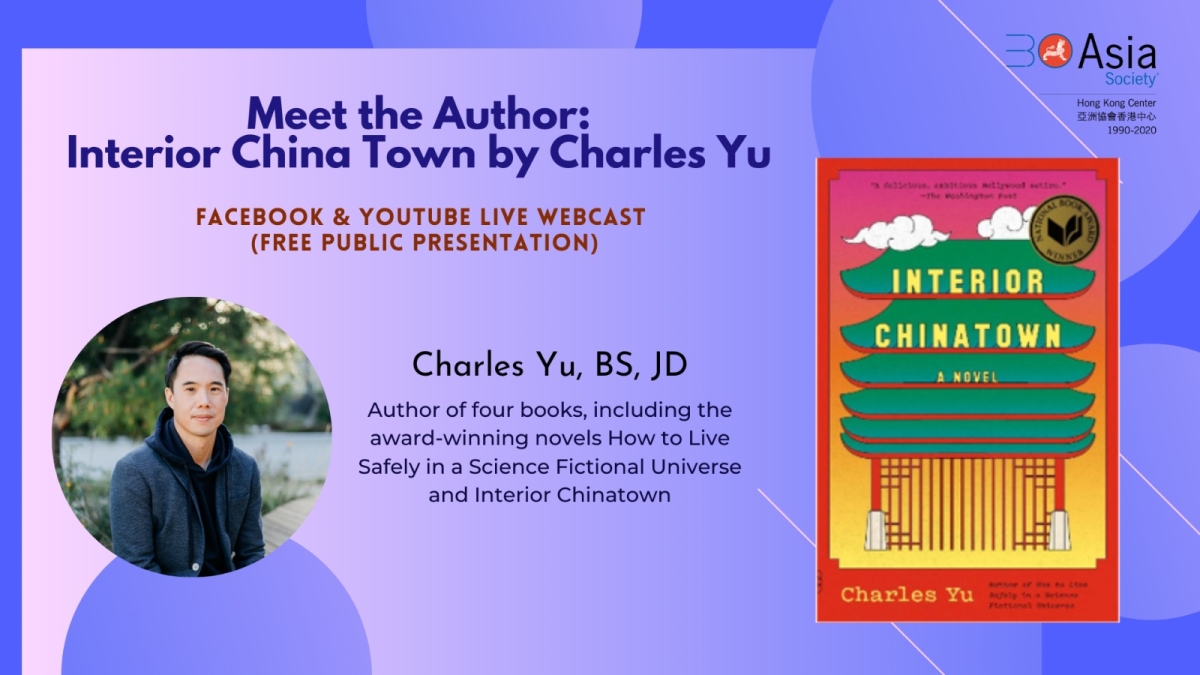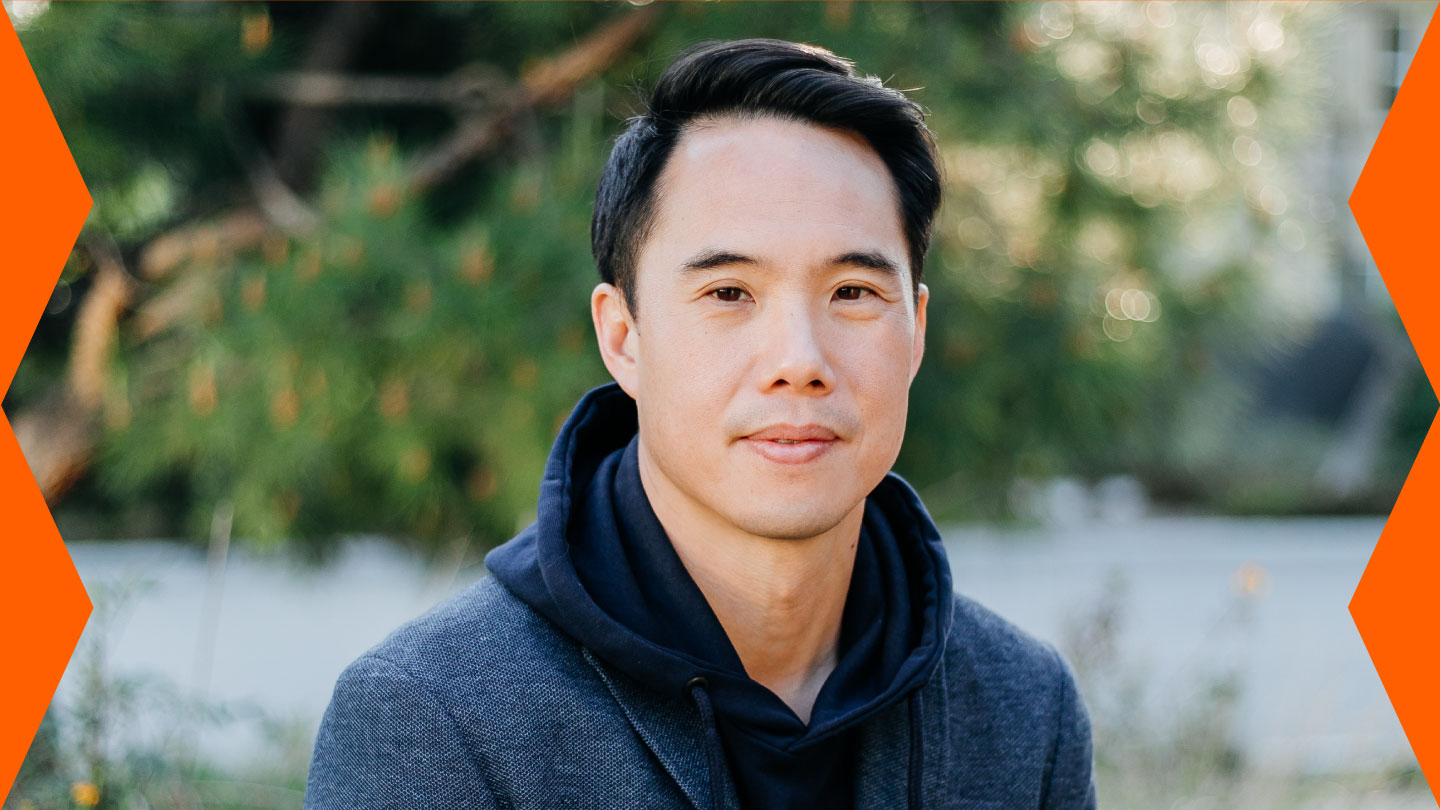
My personal favorite is “Inventory,” which is interestingly similar to Yu’s debut novel in that its protagonist seems to be an alternate version of Yu himself.
Charles yu short stories series#
In “The Book of Categories,” “Human For Beginners,” and “Troubleshooting,” Yu uses recognizable forms, such as catalogues or the instructional handbook, and injects an element of the fantastic to morph them into vehicles for a series of meditations on the nature of desire, loss, and familial bonds. The strongest pieces in this collection are those like “Open” or “The Book of Categories,” where Yu takes a more obviously magical realist approach to unusual situations, from the unexplained appearance of a giant word and then a door in the apartment of a troubled couple, to a book with strange “(apocrypha)-chemical-thermo-ephemeral properties” that allow its user to infinitely divide the pages. This is not to say that Yu avoids genre conventions, or even always subverts them. Perhaps this is to forestall any argument over whether something is “science fiction,” with all the pejorative connotations that label holds.) His fiction does not resist the “speculative” designation - the titles of Yu’s first two books should indicate that much - although there are moments in this collection where that adjective is more literal than its typical usage, and seems to refer instead to an apparent starting point of “what if…” rather than to any expected tropes of science fiction. (It seems customary to refer to fiction that contains elements of the fantastic but appears more literary in bent as “speculative” fiction. Yu’s stories remain intriguingly open-ended, a function that is as much a part of their length as it is of Yu’s particular approach to the speculative genre.
Charles yu short stories how to#
Sorry Please Thank You is Yu’s third book though many will know him from his 2010 debut novel, How To Live Safely In A Science Fictional Universe, this is Yu’s second short story collection after Third Class Superhero in 2006. Though they are never boring, most of these stories evoke a sense of familiarity that is undoubtedly due to certain characteristics of Yu’s own voice and to his established use of genre tropes.


The thirteen short stories - six new stories and seven reprints - collected in Charles Yu’s new book Sorry Please Thank You are by turns tragic or funny, and often both. When even emotions can be outsourced, what happens to human life, dreams or grief? If you could pick a lifestyle, what would you want it to give you? Drama? Closure? A sense of purpose, or importance? Do you think it would take a zombie attack for you to ask out that girl you like? And what do you think would be included in a handbook for aliens posing as human beings, anyway?


 0 kommentar(er)
0 kommentar(er)
